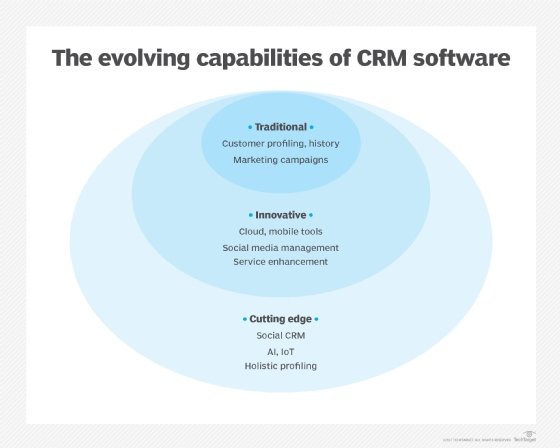martech (marketing technology)
What is martech (marketing technology)?
Martech (marketing technology) refers to the integration of software tools, platforms, and applications designed to streamline and enhance digital marketing. It's the fusion of marketing and technology.
Unlike traditional marketing approaches, which relied mainly on one-way communication channels such as television and print ads, martech harnesses data, automation, and analytics to deliver targeted, personalized, and measurable marketing campaigns.
This leads to improved customer experiences and better business outcomes.
Key components of martech
Martech encompasses a wide range of components, each serving a specific purpose in the marketing ecosystem. These components include the following:
Software tools. Martech tools are diverse and cater to different aspects of marketing. They include customer relationship management (CRM) software, email marketing platforms, social media management tools, marketing automation software, and content management systems, among others.
Platforms. Martech platforms provide marketers with centralized hubs where they can manage and execute their strategies. These platforms often integrate multiple tools and functionalities, offering a holistic approach to marketing activities. Examples of martech platforms include marketing automation platforms, web analytics platforms, and social media marketing platforms.
Applications. Martech applications are specialized tools developed for specific marketing tasks. These can include data analytics tools, A/B testing software, search engine optimization (SEO) tools, and website optimization tools. These applications provide marketers with granular insights and optimization opportunities.

Examples of martech
To better understand the applications of martech, let's dive deeper into some of the tools mentioned in the previous section:
- CRM software. Customer relationship management software helps businesses manage customer interactions, store contact information, track customer behavior, monitor sales pipelines, and automate marketing activities.

- Social media marketing automation tools. These tools help marketers schedule and publish social media content, monitor brand mentions, engage with followers, and analyze social media performance.
- Email marketing tools. Email marketing tools support creating and sending personalized email campaigns, audience segmentation email journey automation, and analysis of email metrics such as open rates and click-through rates.
- Data analytics solutions. These tools allow marketers to collect, analyze, and interpret data from various sources, providing insights into customer behavior, trends, and campaign performance. By leveraging these insights, marketers can make data-driven decisions to optimize their strategies.
Benefits and drawbacks of martech
Martech offers several significant benefits to marketers. It enables the following:
- Efficiency. By automating repetitive tasks, marketers can focus on strategic activities and optimize their overall workflow.
- Increased productivity. Through centralized platforms and integrated tools, teams can collaborate more effectively and achieve higher productivity levels.
- Improved marketing campaigns. By leveraging data and analytics, marketers can create targeted, personalized campaigns that resonate with their audience and yield better results.
However, it's important to acknowledge the potential drawbacks of martech, which include the following:
- Complexity. The martech landscape is vast and continuously evolving, making it challenging to select and implement the most suitable tools for specific marketing goals.
- Cost. Adopting martech tools can require a significant financial investment. Marketers must carefully evaluate the value and return on investment potential of each tool.
To navigate these challenges, marketers should approach martech implementation with clear goals, prioritize solutions based on their specific needs, and invest in training and support to ensure optimal utilization of the selected tools.
The future of martech
As technology continues to advance, the future of martech looks promising. Emerging trends such as artificial intelligence, machine learning, and big data are reshaping the martech landscape. These advancements will further enable marketers to extract deeper insights, automate complex processes, and deliver hyper-personalized experiences to their audience.
By understanding the components, benefits, and drawbacks of martech, marketers can make informed decisions and unlock the true potential of this transformative field.
See why a martech stack is vital for successful marketing operations and check out seven tips for improving marketing technology stacks.





